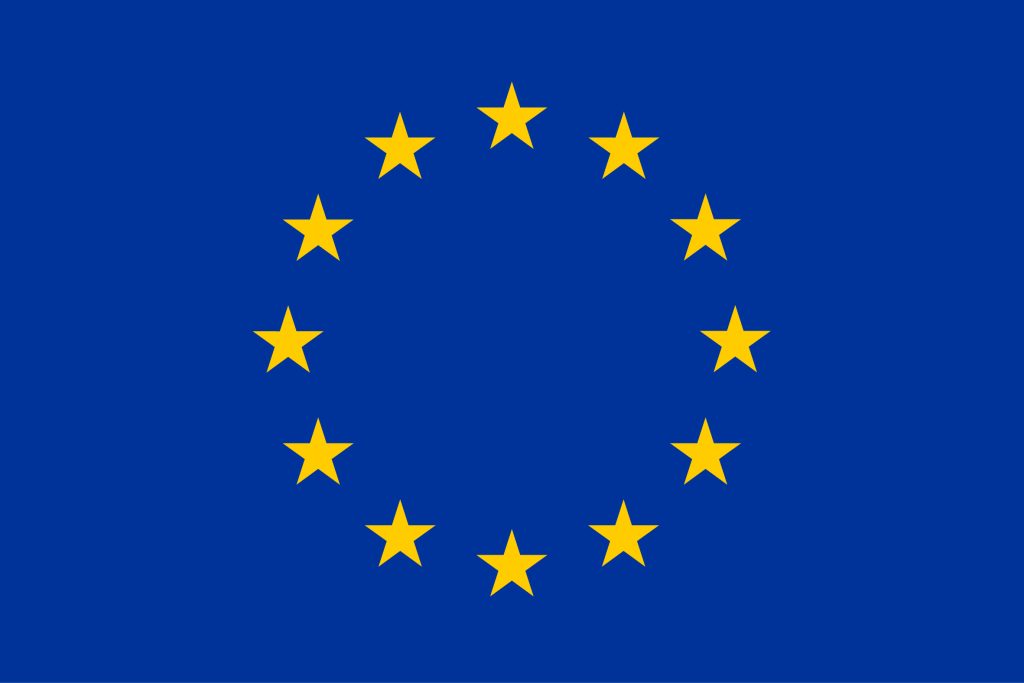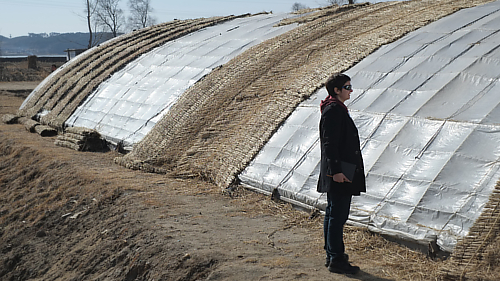Beneficiaries
71,070
Duration
End date suspended
due to COVID-19
Total budget
€1,388,889

Food security & Livelihood
Funding


Programme details
The action developed by TGH throughout this programme will target the entire fish and vegetable production chain, from their production in fish farms and cooperatives to their consumption by children in social institutions in the counties of Jongpyong and Hamju.
The improvement in the nutritional level and food security of children in the 36 institutions will target three results:
- Develop and disseminate better farming practices and rehabilitate infrastructures that are adapted to and resistant to natural disasters and shocks, to initially ensure the availability of fry, fish, vegetables and liquid manure in sufficient quantities on the various intervention farms. The construction of greenhouses will make it possible to increase the length of harvesting periods and improve organic matter management techniques for better use of liquid manure, and therefore better fertilisation, but also a better health environment.
- Increasing food preservation periods: the logistical resources currently available do not allow the various players (farms, public distribution system, institutions) to manage deliveries and stocks properly, resulting in major production losses. The installation of solar-powered freezers will make up for the electricity shortages that can occur at any time, and the construction of storage warehouses will preserve vegetables for longer. The choice of the most appropriate means of transport will be determined in conjunction with the counties’ People’s Committees, to ensure that it is sustainable and efficient.
- Improve stakeholders’ composting, hygiene and nutritional skills by organising training courses on waste management, composting techniques and information sharing. A study tour on waste management and composting will be organised with the appropriate stakeholders and in collaboration with the BoA (Bureau of Aquaculture) and the Academy of Agriculture and Science, enabling awareness-raising campaigns and capacity-building activities to be put in place.
Particular attention will be paid to hygiene, conservation and nutritional practices within the institutions themselves. Training and awareness-raising sessions will be organised by TGH in collaboration with the people’s committees, and their impact will be assessed throughout the project.